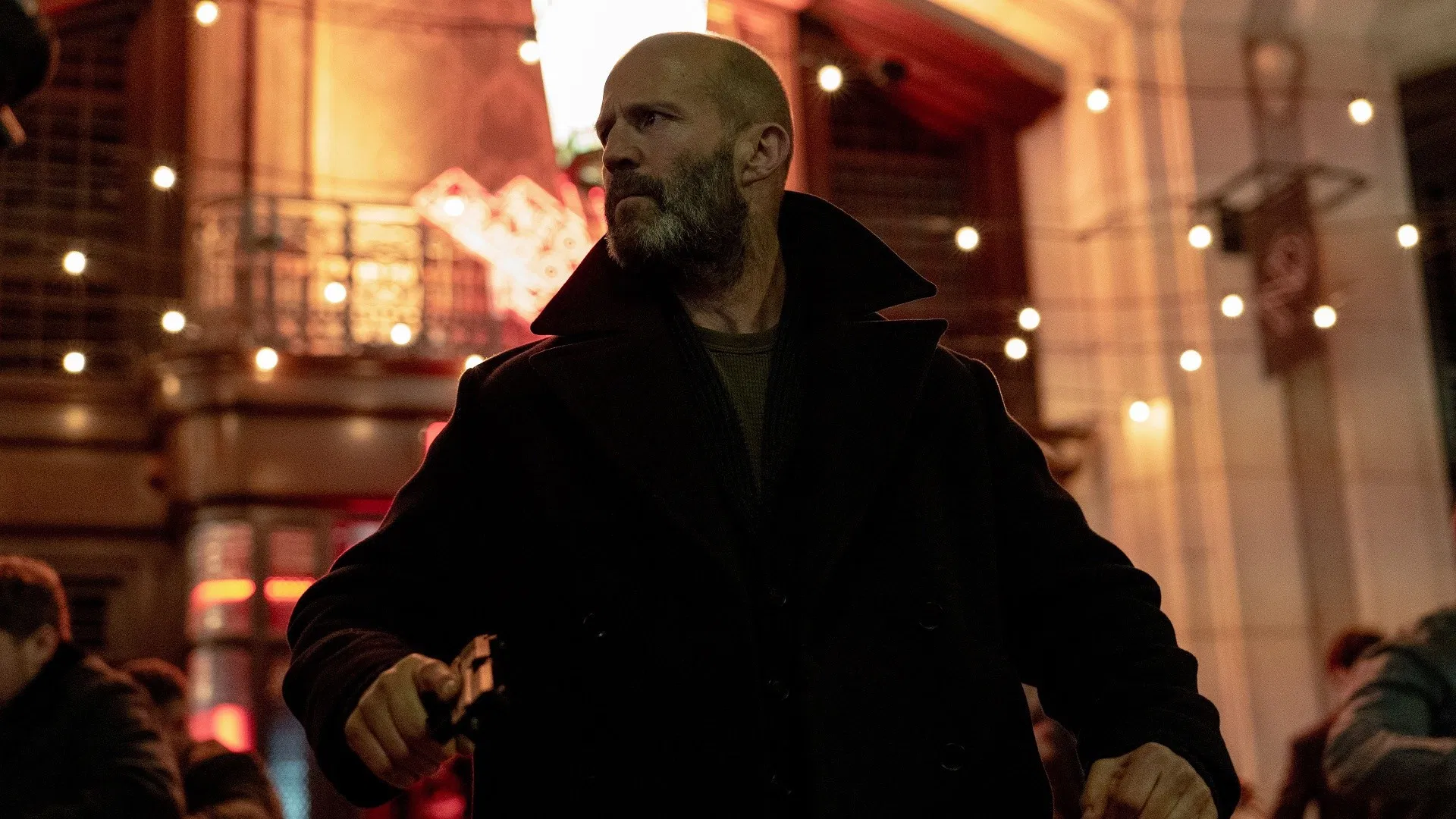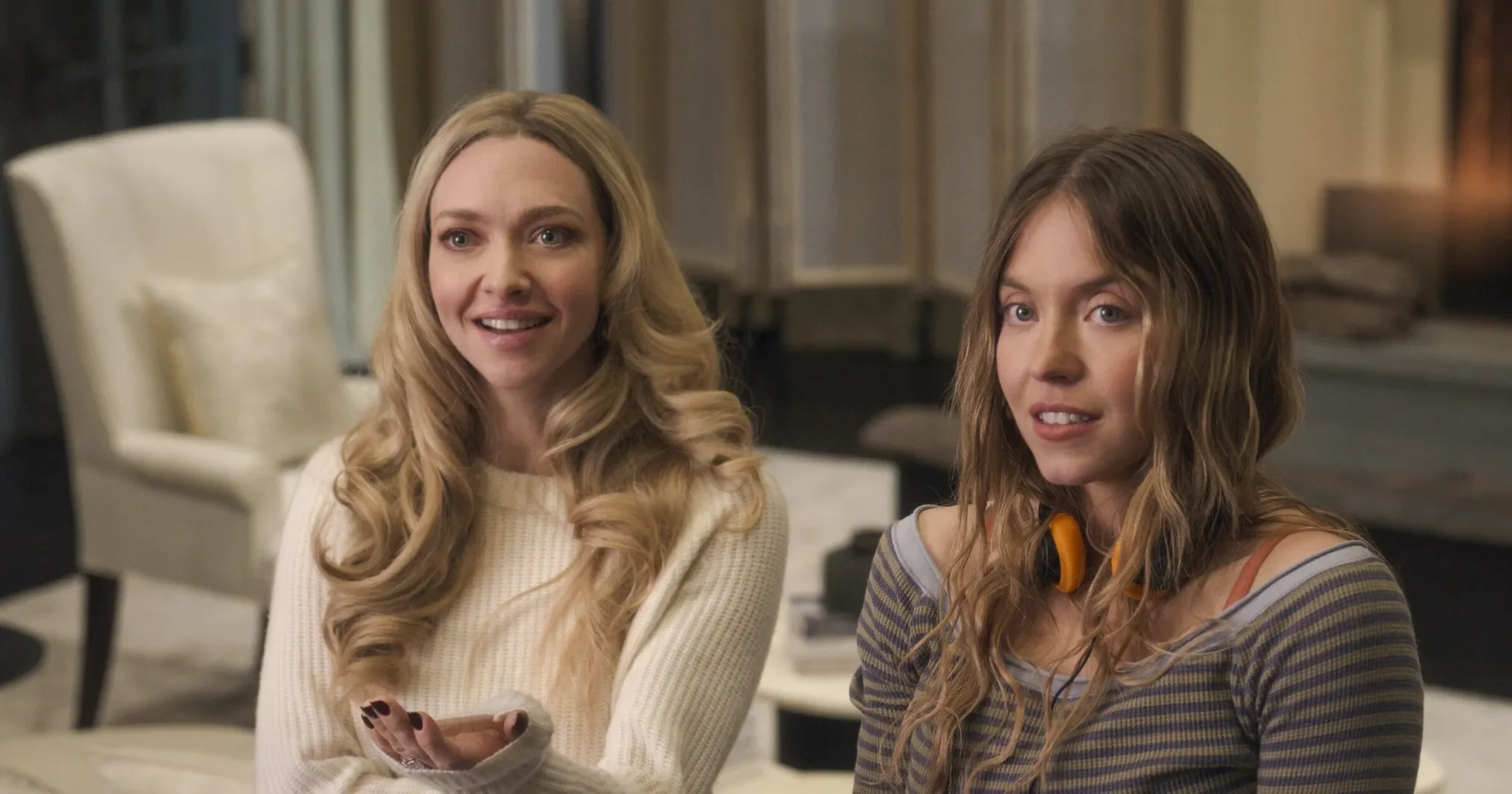‘Corsage’ REVIEW: A compelling, modern portrait of an empress ahead of her time
‘Corsage’ REVIEW: A compelling, modern portrait of an empress ahead of her time
Vicky Krieps as Empress Elisabeth of Austria in Corsage (2022)
Major spoilers for Corsage.
“She is like a book to me, a riddle on each page.”
There seems to be a trend over the past few years of biopics about complex, historical female figures in monarchy. With Yorgos Lanthimos’ The Favourite and Pablo Larrain’s Spencer, auteurs have found themselves with a task to interpret their lives artistically, whether it be all fabricated or true to actual events. In these films, the curtains are lifted for the world to see, unveiling the crushing effect of royalty over these figures and the demanding standard they have to uphold for the rest of their life. Similar to Princess Diana, the life of Empress Elisabeth of Austria has been depicted on screen many times before and recently, albeit to a lesser-known degree. This year she gets another biopic treatment that undoubtedly stands out from her previous biopics.
We get an intimate glimpse of Sissi’s (Elisabeth’s wonderfully coy nickname) psyche in Marie Kreutzer’s Corsage. First premiered at the Un Certain Regard section of Cannes with rave reviews, her 2022 period film feels refined, lush and grand, without overstating its lavishness and aesthetics. It is akin to Sofia Coppola’s 2006 period drama Marie Antoinette, without the maximalist, soft feminine visuals attributed not only to the film but to Coppola’s style as well. Both their pacing are languid in nature but effective as both use their time to make their audience get closer to their protagonists. The modernity of Kreutzer’s film is much subtler than Coppola’s, however, as the modern songs that are diegetic in nature of the film are performed in a classical acoustic style, making the audience fall for the illusion and wonder, “Wow, that Kris Kristofferson song is older than I thought.” The music composed by Camille didn’t feel off either, despite its obviously modern production. There are no sneakers hidden in plain sight like in Coppola's. Judith Kaufmann’s stunning cinematography, Monika Buttinger's modern costume design and Martin Reitter’s intricate production design further highlight the contemporary feel that fits right for its subject: someone who was ahead of her time; who was unafraid to be who she is whilst trying to be uphold the standard set to her, causing her to endure emotional uphill battles.
It is an audacious effort not only from Kreutzer but also to her second time collaborator and Un Certain Regard Best Performance Prize winner, Vicky Krieps. While its technical aspects are impressive, without Krieps' involvement, the very reason Kreutzer started writing this film, the whole project would fall apart. Krieps, who gives yet another fierce and remarkable performance, brought life to the sides of Empress Elisabeth we haven’t seen. The nuances she brought into the table made the audience see the intricacies of the empress’s personality.
As soon as we meet the empress preparing, the audience is posed a question: who is this woman who willingly entraps herself with her suffocating corsets everyday? Recent portrayals of the empress have unfolded her story faithfully from the history books, which is the same case with Corsage, despite the artistic liberties taken by Kreutzer. They are far from the whimsical and optimistic portrayal of the empress in the Sissi trilogy released during the 1950s. The boldest strokes in this biopic are not of the grandiose of Austrian royalty, which is apparent in most portrayals of the empress, but of the struggles the empress suffered and its toll on her. The film’s moody and atmospheric tone parallels her subconcious. Kreutzer and Krieps are more interested in showcasing this and less on the major contributions during her tenure as an empress. They still did, especially during Empress Elisabeth’s scenes at the asylum and that one time when she visited wounded soldiers for appearance, both of which illustrate her undying compassion for her subjects. However, those scenes felt as if their primary purpose was to highlight to the audience her discontent and growing fears more.
Left: Real life Empress Elisabeth of Austria; Right: Vicky Krieps in Corsage (2022)
While it is a departure from the usual, idyllic depiction of the eccentric empress, it is also the logical outcome of Elisabeth’s lifestyle and experiences throughout her reign as one. In those shots of somber moments of loneliness we see her pain and emptiness brought upon the grief she still carries over the loss of her firstborn and the constant dismissal of her husband, Emperor Franz Joseph I of Austria (Florian Teichtmeister). Her second chance at raising a daughter isn’t even successful, for her daughter abhors her reckless behavior and actions. Several scenes depicting her obsession with maintaining her figure, through constant exercising, controlled eating and the daily tightening of her corsage, were due to her obsession with upholding her impossibly radiant, beautiful image. Her attitude towards her servants becomes increasingly cruel, demanding them to tighten her corset further, even though it is already impossible. People at their state dinner commented on how paler she looks in contrast to the paintings. Behind the smiles she gave from hearing these comments lies her hurt and dismay towards herself. This alluring image of her and the people she had in mind affected her view on love. She sought it now from the people who long for her (damning example is of her final scene with her riding instructor, played by Colin Morgan, where she replied: “I love to look at the way I’m being looked at by you.”) and those who refuse (with her cousin Ludwig II).
It is quite interesting that Kreutzer chose to depict the empress, who is often portrayed during her younger years in the throne, in a chapter of her life when her age started to show more of her fragility. Nothing lasts forever and in the film, Elisabeth’s youth and beauty slowly dwindled and faded before her eyes as she neared her fortieth birthday. With the use of various surreal imagery, the film effectively removes the idealized version of the empress the majority would have in their heads. It conditions the audience to see her for who she really is, an enigma, and possibly connect to her struggles not as a monarch, but as a human being. Krieps once said in an interview that while watching the Sissi films as a teenager, she knew there was something deeply dark behind the fairy tale facade that was sold to the audience. Kreutzer’s writing and direction and Krieps’ performance certainly proved that point.
There's a light, eccentric side from her personality shown here that keeps the tone of the film from becoming too melodramatic. Kreutzer isn’t out to make the empress a deeply tragic figure, which would be a betrayal to the overall thesis of the film. She rebels from the conformities her role sets to her, despite the fact that she still rigorously follows them. In many scenes, she shows her idiosyncrasies. Her recklessness serves as her quick release after standing in the cold wearing heavy clothing and faking a smile to her husband's delegates the entire time. Much to the detriment of her husband and children, she still very much engages in risky activities. She cares deeply for these activities, even going horseback riding with her child in the middle of the night and later in the film when she is seen mourning for her horse who had to be taken down. Her quick wit and wry sense of humor are displayed through her conversations and interactions. She supported the innovation of moving images, for it documented her ideal image in time while at the same time, permitted her to be herself without the future observer knowing what she screamed.
With this context in mind, its third act felt natural rather than ham-fisted. It frees its protagonist from the turmoil she’s been suffering for so long. Cutting her hair felt like she was ready to let go: of the customs she had to follow, of the image of an ideal, impossibly youthful woman she carefully maintained throughout the years, and of the burdens she kept buried inside of her. She was gleeful, more alive and carefree than before. Here she finally embraces her fragility and aging. She was making love with her husband again, without the fear of conceiving another, and squashing any doubt and permitting her husband to have a mistress. She has to make appearances though, but with the help of her lady-in-waiting Countess Marie Festetics (Katharina Lorenz) she was able to get through this period of time. Almost all of the events that ensued during the last ten minutes aren’t true, but seeing her take charge of her own destiny is morbidly satisfying, even though that act is jumping off of a boat which differs from the historical account of her assassination. Kreutzer's Empress Elisabeth sees death as the final stage of freedom. She found solace from the very thing that brought her demise for many years. This creative decision is what sets Corsage apart from any other depictions of the empress. While developing the film, Kreutzer stated that everyone has a different interpretation of the empress and she wished to present the empress from what she read about her and how she wanted to. She added that she was never really bothered about blending fiction and reality and that she often forgets what is real or not.
In just under 112 minutes, Kreutzer managed to direct one of the most unconventional period dramas slash character study this year. It continuously rakes up a few accolades and even Austria submitted this film as their Best Foreign Language Film submission for next year’s Academy Awards. Be warned that this depiction is not wholly true. If you’re leaning towards accuracy with the same depth as this, I may direct you to the recent Netflix original The Empress, which was recently renewed for another season. But if you’re looking for something that lets you get closer to her psyche and gives her the emancipation the history books didn’t give her, this searing drama is perfect for you. It hasn’t reached many people yet, since it was only screened at film festivals and its official wide release date is not until early 2023 but if you have the chance to see it now, please do.
Corsage (2022) theatrical release poster by Marauder Midnight
Corsage is part of the Screen International section of QCinema International Film Festival 2022. Catch its QCinema premiere on November 19, Saturday at 3:15 pm, at Gateway Cineplex 5/1. For its other screening dates, please refer to the QCinema 2022 schedule posted on their social media.
















